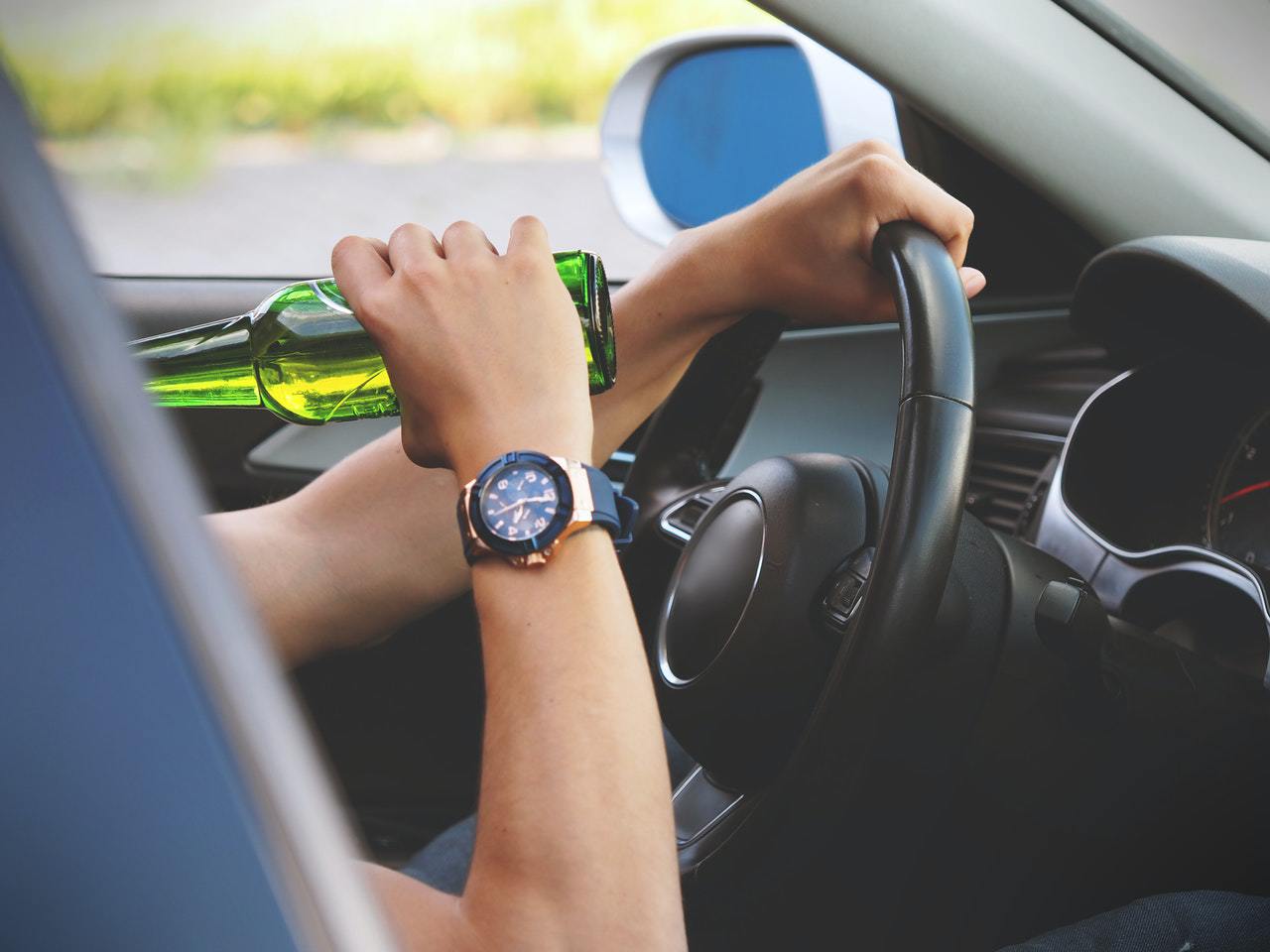In Missouri, driving under the influence (DUI) is also known as driving while intoxicated (DWI).…
The Most Prevalent DUI Myths

Every state in the U.S. considers DUI or Driving Under the Influence a serious criminal offense. In some states, a repeat DUI offense is classified as a felony. The situation is even more difficult for aggravated DUI offenders.
An aggravated DUI is given to drivers who have previous offenses, or who had a minor (below 15 years old) passenger when they were arrested, or whose license is restricted, suspended, or revoked. Offenders get more severe penalties than the regular DUI offense. An aggravated DUI attorney is helpful in situations like this.
If you or someone you know has been arrested for DUI, though, talking to a good lawyer is the right decision. You need to understand several important things, particularly the most common myths about driving under the influence. Most of the time, people get confused with what’s true and what’s not, so instead of fixing their case, they mess it up.
Myth no. 1 – If you drink coffee before driving, alcohol will be eliminated from your system.
No, drinking coffee does not remove the alcohol in your system. It doesn’t do anything except make you wide awake and jittery. You will be caffeine-drunk, but alcohol is still in your system.
Myth no. 2 – If you suck a penny (or copper), you will easily pass any breath test.
The only thing that’s real about this is that it’s an urban legend. Sucking on a penny or copper will not help you pass the breathalyzer. The device measures breath that comes from deep down your mouth, so it won’t make a difference if you have copper on your teeth or mouth.
Myth no. 3 – If you do not go over the legal limit, you won’t get a DUI.
The legal limit for BAC is 0.08%, and anything that is over it is considered a violation of DUI laws. However, getting a BAC under 0.08% does not exactly mean you cannot get a DUI offense. Authorities can use other evidence, such as testimony from a witness or witnesses, failure of field sobriety test, and video evidence or footage of the incident.
Myth no. 4 – DUI is a minor offense.
DUI used to be a minor offense back in the 1960s, but the situation has changed. Every year, there seems to be a new DUI law. Additionally, states have increased the gravity of their driving under the influence laws several times and quite regularly. There is nothing minor about a DUI offense.
Myth no. 5 – All DUI cases are the same.
Many people think that every DUI case is the same. There are different situations, and the circumstances are never the same. There may be cases with similarities in some aspects, but that is where it ends.
Myth no. 6 – Almost everyone accused or convicted for DUI is guilty.
The breathalyzer is the primary device that authorities use to determine whether an individual is driving while intoxicated or not. However, breath tests can sometimes be unreliable. Field sobriety or agility tests can also be inaccurate because these are opinion evidence collected by the police. The most reliable test available in the country is a blood test. So, no, not everyone arrested for DUI is guilty, and this is why you need an experienced lawyer to explain everything to you.
Myth no. 7 – Drivers taking prescribed drugs or medication cannot be arrested for DUI.
There is no way to identify the difference between legally-prescribed narcotics and illegally-prescribed drugs easily. Additionally, there are no specific provisions in DUI laws on such issues. Therefore, it is not considered substantial evidence.
Myth no. 8 – Only hard drink drivers can fail the breath and blood tests.
Regardless of what drink you choose, you are still ingesting alcohol into your system. No matter what kind of liquor it is, it is still alcohol.
Myth no. 9 – Some people drive better after drinking a bottle or two of alcohol.
Why is it dangerous to drive while intoxicated? Driving under the influence is prohibited because alcohol impairs your judgment and clouds your thinking. It also affects your vision and reflexes. In some people, alcohol’s effect is even worse: they become oblivious to danger while others stare quietly at nothing, not aware of what’s happening around them.
Drinking alcohol before driving is definitely not the solution to driving better.
Myth no. 10 – Any lawyer is capable of defending DUI cases.
DUI cases are a class of their own; they are unique. So, a lawyer trained in divorce laws or corporate law cannot know the intricate details of defending DUI cases. No matter how well-educated, trustworthy, and competent a lawyer is, if he is not explicitly trained in DUI law, he won’t be able to give 100% of his experience and efforts in making sure his clients are well-represented.
Getting the real facts about DUI is the first step in taking the right direction in any drunk driving case. A DUI lawyer will know the next step to take.
About the Author
Andrea Williams is the Community Manager at The Law Offices of Alcock & Associates P.C., a premier law group in Arizona that provides legal services to clients involved in Personal Injury, DUI, Immigration and Criminal cases. She enjoys cooking, reading books and playing minigolf with her friends and family in her spare time.

